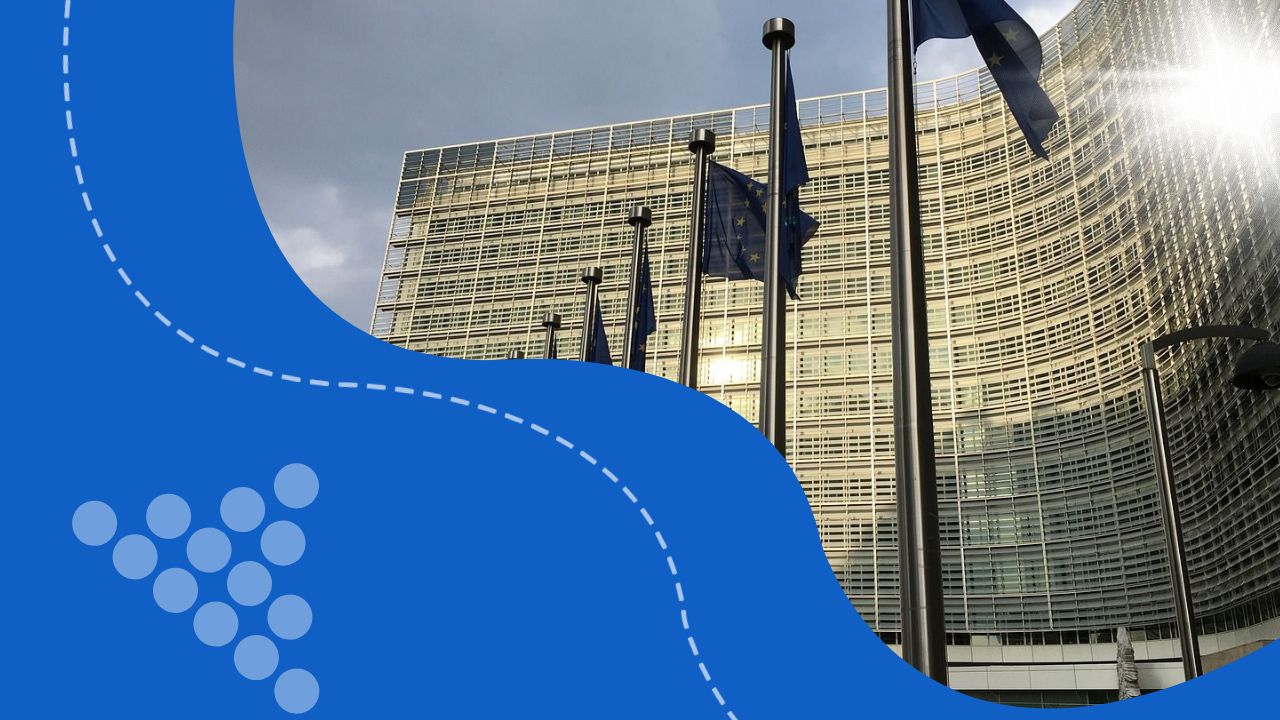EIT RawMaterials is actively engaged in collaborating with policymakers and industry stakeholders to drive innovation, shape policies, and develop a roadmap for Europe’s critical materials sector to achieve sustainability goals. As Europe works towards its 2050 climate neutrality objective, ensuring access to critical raw materials becomes crucial for powering key green technologies such as solar panels, wind turbines, and electric vehicles.
Europe’s heavy reliance on a limited number of countries, including China, for these essential materials poses risks due to dependency on vulnerable and opaque supply chains. EIT RawMaterials, recognized as a leading innovation community in the global raw materials sector, is committed to supporting Europe’s transition to a sustainable economy by ensuring a steady supply of raw materials, promoting circular economy principles, and fostering innovation, education, and entrepreneurship.
As the manager of the European Raw Materials Alliance (ERMA), which consists of over 750 European and international partners, EIT RawMaterials is focused on enhancing the sustainable competitiveness of the European raw materials sector across the value chain. ERMA plays a vital role in securing financing to bolster Europe’s competitiveness in the global supply chain.
Through collaborative efforts with industry partners, ERMA has launched two Action Plans targeting specific market fields. The Rare Earth Magnets and Motors Action Plan, initiated in 2021, has already generated 14 de-risked and bankable projects, expected to meet approximately 20% of Europe’s permanent magnets requirements by 2030. Another recent initiative, “The European Call for Action on Energy Storage and Conversion,” launched in May 2023, aims to bolster Europe’s position in the energy storage and conversion sector.
This action plan acknowledges the growing significance of energy storage and conversion in light of increasing adoption of green technologies and emphasizes the need for significant quantities of raw materials. It outlines investment requirements to ensure a stable supply chain and focuses on key areas such as materials for solar energy, battery materials, fuel cells, electrolysers, and alternative energy storage and conversion methods.
The roadmap presents comprehensive strategies covering the entire mineral value chain, from exploration to processing, identifying investment opportunities exceeding €15 billion. This strategic approach could enhance the EU’s self-sufficiency in critical materials by 2030.
Aligned with EU policy initiatives, the roadmap proposes measures to enhance the competitiveness of the European raw materials sector, including standardization, fit-for-purpose mining standards, and a balanced approach to trade measures.
A notable aspect of the roadmap is its emphasis on expanding mining operations within Europe while upholding stringent environmental, social, and governance (ESG) standards. It suggests establishing a European Raw Materials Fund to support projects across all phases, funded through EU and member state policies.
Innovation is pivotal in transforming the mining industry, and EIT RawMaterials actively supports this through collaborations with industry leaders. The organization backs projects focused on safety improvements, technological advancements, and sustainable solutions, such as recycling initiatives for Li-ion batteries and advancements in battery technology for electric vehicles.
With the approval of the Critical Raw Materials Act, Europe aims to recycle at least 25% of its annual raw materials consumption domestically. EIT RawMaterials contributes to this goal through projects like ReLieVe and Charamba, focusing on closed-loop industrial processes and efficient waste stream management.
Addressing challenges related to specific critical raw materials like Vanadium and Gallium, EIT RawMaterials supports projects for their recovery as by-products and innovations to enhance battery technology.
Overall, EIT RawMaterials plays a pivotal role in driving sustainable practices, innovation, and resilience in Europe’s critical materials sector, contributing to the region’s transition towards a greener and more sustainable future.

